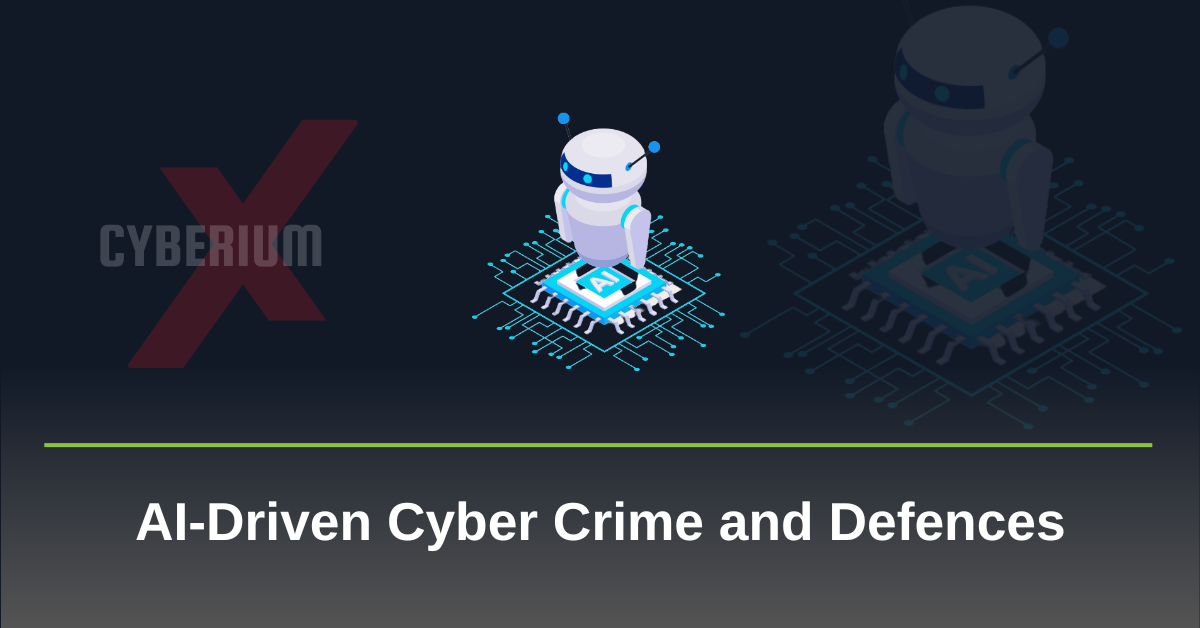The digital transformation in India has marked substantial advancements and enhanced convenience in our daily lives; however, it has come at a price. The surge in connectivity and access to digital platforms has also paved the way for emerging online scams.
An alarming new fraudulent scheme is spreading through metropolitan areas, causing financial distress for unsuspecting individuals in India. Scammers, posing as customs officials, have managed to deceive people out of large sums of money through a clever ploy known as the ‘Courier Scam‘. This growing threat includes the impersonation of police officers or NCRB agents, falsely accusing victims of engaging in unlawful parcel activities. Targeting predominantly individuals aged 35 to 50, this scam has resulted in hundreds of reported cases this year, causing substantial financial hardships.
Residents have been cautioned by the police to stay vigilant against a recent surge in cyber fraud. In this deceptive trend, unsuspecting individuals are manipulated by callers who falsely assert that their parcel has been seized by authorities due to the presence of illegal items. The callers, posing as courier company personnel or even “customs officers”, induce a sense of urgency, demanding immediate payment to resolve the alleged issue and avoid prosecution. Once the payment is made, the fraudulent callers disappear.
How the Courier Scam Works
Within the complex framework of the courier scam, culprits assume the identity of customs officials and reach out to their targets via phone. They make unfounded claims about the victim’s participation in the dispatch or receipt of parcels containing illicit substances. Masquerading as police officers, these scammers instill a sense of impending arrest, pressuring victims to resolve fabricated charges by providing monetary compensation. Employing psychological tactics, they extract personal identification and banking information, frequently demanding Aadhaar details and bank particulars.
Another method of operation starts with a missed call. When recipients call back, they are guided to an automated voice message presenting itself as a courier company’s helpline. The caller, pretending to be a Mumbai police officer, alleges the detection of illegal drugs in a parcel sent to the victim’s address and proceeds to extort payments through blackmail.
Real-life Incident
Arun Kumar, a 40-year-old executive, fell prey to a scam after receiving a call from an unknown number claiming to be a FedEx representative on November 8. The caller alleged that a parcel addressed to Arun, intended for Thailand, was returned by FedEx due to a false address and containing illegal items. Shockingly, the caller detailed the parcel’s contents, including passports, credit cards, cash, clothes, and a drug called MDMA. Feeling alarmed at the misuse of his identity, Arun was coerced into filing an immediate complaint with the Mumbai Cyber Crime Wing.
The situation escalated as the caller connected Arun to a person claiming to be the DCP of Cyber Crime, Mumbai. This individual instructed Arun to use Skype to record the conversation, seemingly from the Mumbai Cyber Crime Police. In a suspicious turn, Arun was asked to move to a separate room for the discussion. The scam took a financial toll when the caller requested Arun to transfer ₹62.99 lakh to a specified bank account, emphasizing secrecy until the RTGS transfer was completed. Despite assurances of a refund, Arun realized he had been duped when the scammers did not answer his calls on Skype, and all evidence was deleted.
Warnings Against These Rising Scam
The incidence of courier scams is increasing, prompting authorities to issue warnings and advice heightened vigilance against fraudulent calls. Banks and law enforcement are actively investigating these cases, along with other prevalent cyber frauds such as Aadhaar Enabled Payment Services fraud, WhatsApp sextortion, and online job scams.
Scammers focus on individuals with high incomes, asserting that they can “digitally arrest” the victim, alleging a warrant due to contraband in a parcel. They may even send a fake warrant on WhatsApp. Initially, some fraudsters gather login credentials for bank accounts, mutual funds, or fixed deposits without immediately seeking money. Subsequently, they instruct the victim to install Skype, intensifying fear before extracting money.
In alternate scenarios, the scammer utilized the KYC details acquired from the victim to secure immediate pre-approved loans. Subsequently, the victim was coerced into transferring the approved loan amount to the fraudster’s accounts. In the past year, Cyber Crime units in Tamil Nadu received over 650 complaints related to courier fraud. An investigation is underway to trace the suspects operating across various states. Police recommend individuals harassed by cyber fraud calls to report suspicious phone numbers on the National Cyber Crime Reporting Portal.
Important Tips to Stay Safe
- Avoid disclosing personal information over the phone or email like OTPs, Aadhaar numbers, or bank details.
- Be cautious when handling unfamiliar calls from individuals claiming to be officials, and refrain from returning calls to suspicious contacts.
- Verify the caller’s legitimacy through official sources before disclosing any information.
- Avoid transferring money via wire or using gift cards for payment, as scammers often exploit these methods. Additionally, refrain from clicking on suspicious links to mitigate potential security threats.
- Report any scam attempts to the authorities promptly as it aids in identifying scammers and prevents further victimization.
- Act cautiously, gather information, and consult trusted individuals before engaging in transactions to minimize the risk of falling victim to scams.
If you believe you’ve fallen victim to a similar fraudulent scheme or have encountered suspicious activity, it is essential to act promptly. Take the following steps:
Report the incident by calling the Cyber Crime Toll-Free Helpline at 1930 or file a complaint at www.cybercrime.gov.in; get in touch with the relevant platform where the fraudulent activity occurred; and furnish them with all relevant details, including the scammer’s profile information, messages, and any evidence you’ve gathered.
In the ever-evolving landscape of the courier scam, staying well-informed and implementing preventive measures is crucial. Vigilance and awareness are the fundamental keys to protecting oneself from this expanding digital threat.
For those interested in staying informed about recent scams, we invite you to explore our latest articles on the Pig Butchering Scam and QR Codes Scam, featured on our website.
Stay Safe !!
Team CyberiumX






